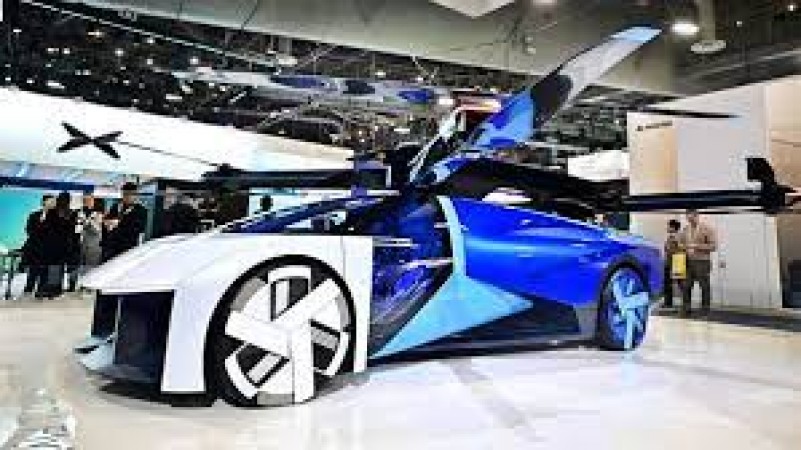
The electric car industry in China has become a battleground where fierce competition reigns supreme. With numerous manufacturers vying for dominance, the landscape is akin to a turbulent sea, with each company navigating its own course amidst intense rivalry.
China's electric vehicle (EV) market has witnessed a monumental surge in recent years. Fueled by government incentives, environmental concerns, and technological advancements, the nation has emerged as a global leader in electric mobility.
The Chinese government's unwavering support for electric vehicles has played a pivotal role in driving growth within the industry. Substantial subsidies, preferential policies, and ambitious targets for electric vehicle adoption have incentivized both manufacturers and consumers alike.
Competition within China's electric car market is nothing short of cutthroat. Established automakers, ambitious startups, and tech giants are all locked in a relentless battle for market share and technological supremacy.
Traditional automotive giants such as BYD, Geely, and BAIC have been instrumental in shaping China's electric vehicle landscape. Leveraging their experience, resources, and established infrastructure, these companies continue to assert their dominance in the market.
However, the rise of innovative startups like NIO, Xpeng, and Li Auto has disrupted the status quo. Backed by significant investments and a fresh approach to design and technology, these newcomers pose a formidable challenge to established players.
Furthermore, technology behemoths like Huawei and Xiaomi have thrown their hats into the ring, leveraging their expertise in software, connectivity, and artificial intelligence to carve out a niche within the electric vehicle ecosystem.
One of the most significant challenges facing electric car manufacturers in China is the strain on the global supply chain. Issues such as semiconductor shortages, raw material constraints, and supply disruptions have hampered production and threatened to derail growth.
Amidst these challenges, innovation remains the cornerstone of success in the fiercely competitive landscape of China's electric car industry. Companies must continually push the boundaries of technology, design, and sustainability to stay ahead of the curve.
Beyond market dynamics, sustainability considerations loom large in the electric vehicle arena. With increasing emphasis on environmental stewardship and carbon neutrality, manufacturers are under pressure to deliver not only performance but also eco-friendly solutions.
Navigating China's complex regulatory environment poses both challenges and opportunities for electric car manufacturers. Adapting to evolving emissions standards, safety regulations, and government incentives is crucial for long-term viability.
As Chinese electric car companies solidify their presence in the domestic market, many are setting their sights on global expansion. Ambitious plans to export vehicles and establish footholds in international markets underscore the industry's aspirations for global leadership.
Ultimately, the success of China's electric car industry hinges on widespread consumer adoption. Educating the public, dispelling myths about electric vehicles, and enhancing accessibility are key factors in driving mainstream acceptance. The electric car industry in China is a dynamic and rapidly evolving ecosystem characterized by intense competition, technological innovation, and regulatory complexities. As manufacturers jostle for supremacy in this 'bloody sea' of competition, the stage is set for a new era of electric mobility that promises to reshape the automotive landscape both within China and beyond.
Enjoy a car worth Rs 4 crore for just Rs 10 lakh! Tata will launch a new car
Brezza can become Range Rover! know how
Waiting for a diesel car? These 5 vehicles will be launched soon!